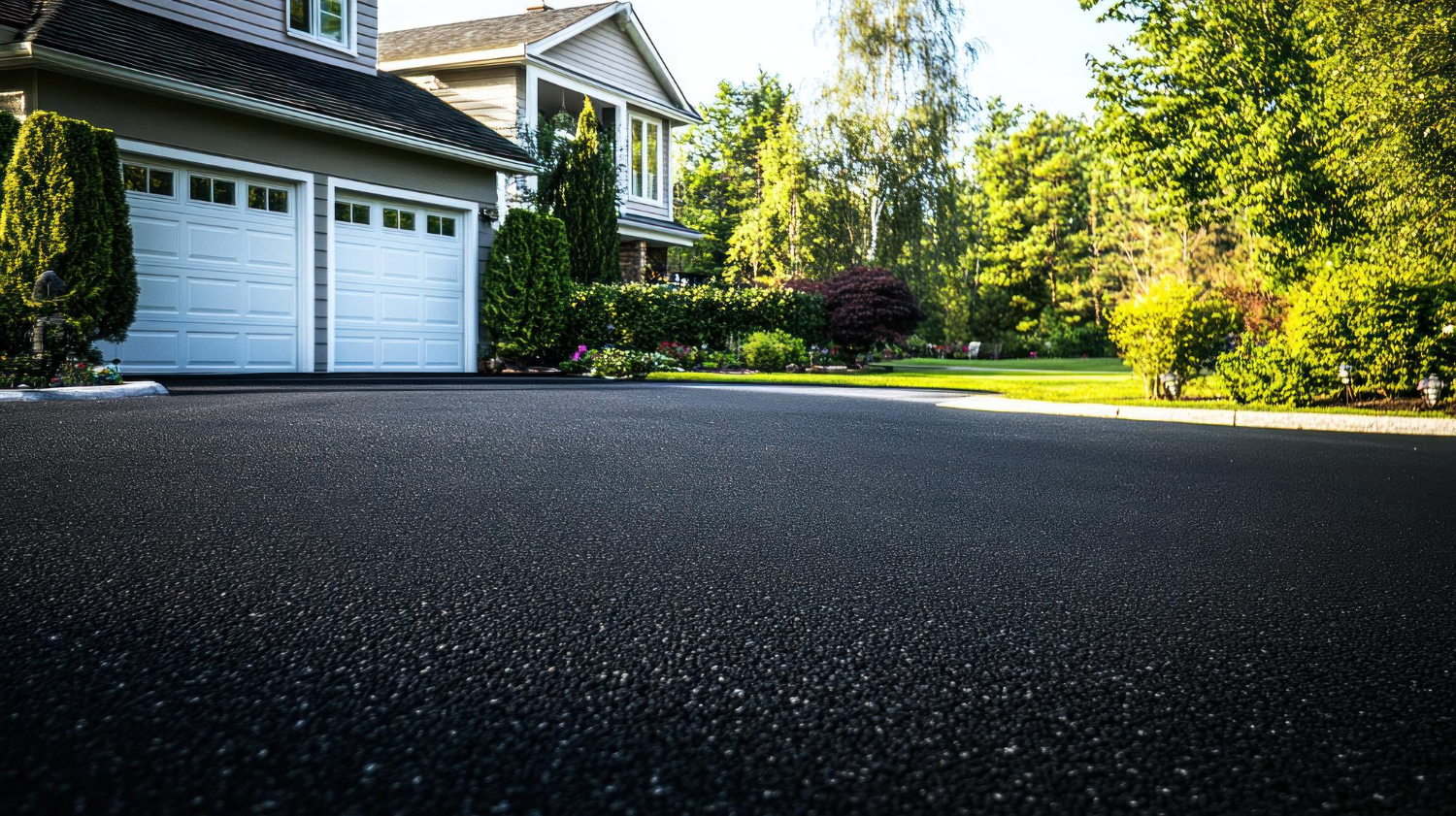The Science Behind Sealcoating
Asphalt is made from a mix of aggregates (like sand and gravel) bound together by bitumen—a sticky, petroleum-based substance. While asphalt is highly durable, it’s also vulnerable to oxidation, moisture, and ultraviolet radiation. Over time, exposure to sun and rain breaks down the bitumen binder, causing the surface to lose flexibility. That’s when cracks begin to form, leading to potholes and water infiltration. According to the National Asphalt Pavement Association, sealcoating can slow oxidation by up to 75%, acting like a shield against the elements. It reduces permeability, reflects UV rays, and adds a sleek, dark finish that boosts curb appeal.
Why Frequency Matters
Sealcoating isn’t a one-and-done deal. It’s most effective when applied every 2 to 3 years. Waiting too long between applications allows damage to set in, making future repairs more intensive and expensive. Studies have shown that regularly maintained asphalt can last up to 30 years, whereas unsealed asphalt often needs major repair or replacement in as little as 15 years. Consistent sealcoating also protects your surface from oil spills, road salt, and the freeze-thaw cycle—especially important in Virginia’s mixed climate.
Cost Savings Over Time
The cost of sealcoating is a fraction of what you’d spend on resurfacing or full driveway replacement. Investing in routine sealcoating now helps avoid major out-of-pocket expenses down the line. Homeowners who reseal on schedule often see over 50% savings on long-term pavement costs. It’s a proactive approach that not only protects your driveway, but also maintains property value and safety—especially for high-traffic areas like parking lots or multi-car homes.
Conclusion: Protect Your Driveway and Your Wallet
If you’re looking for ways to extend the life of your asphalt and avoid costly repairs, consider getting on a regular asphalt maintenance schedule. Our professional asphalt sealcoating services help homeowners and businesses across Virginia keep their surfaces protected. If your driveway is starting to show signs of wear, it may be time to explore asphalt paving or patching services as well. Don’t wait—contact us today for a free estimate and expert guidance on what your driveway really needs.

